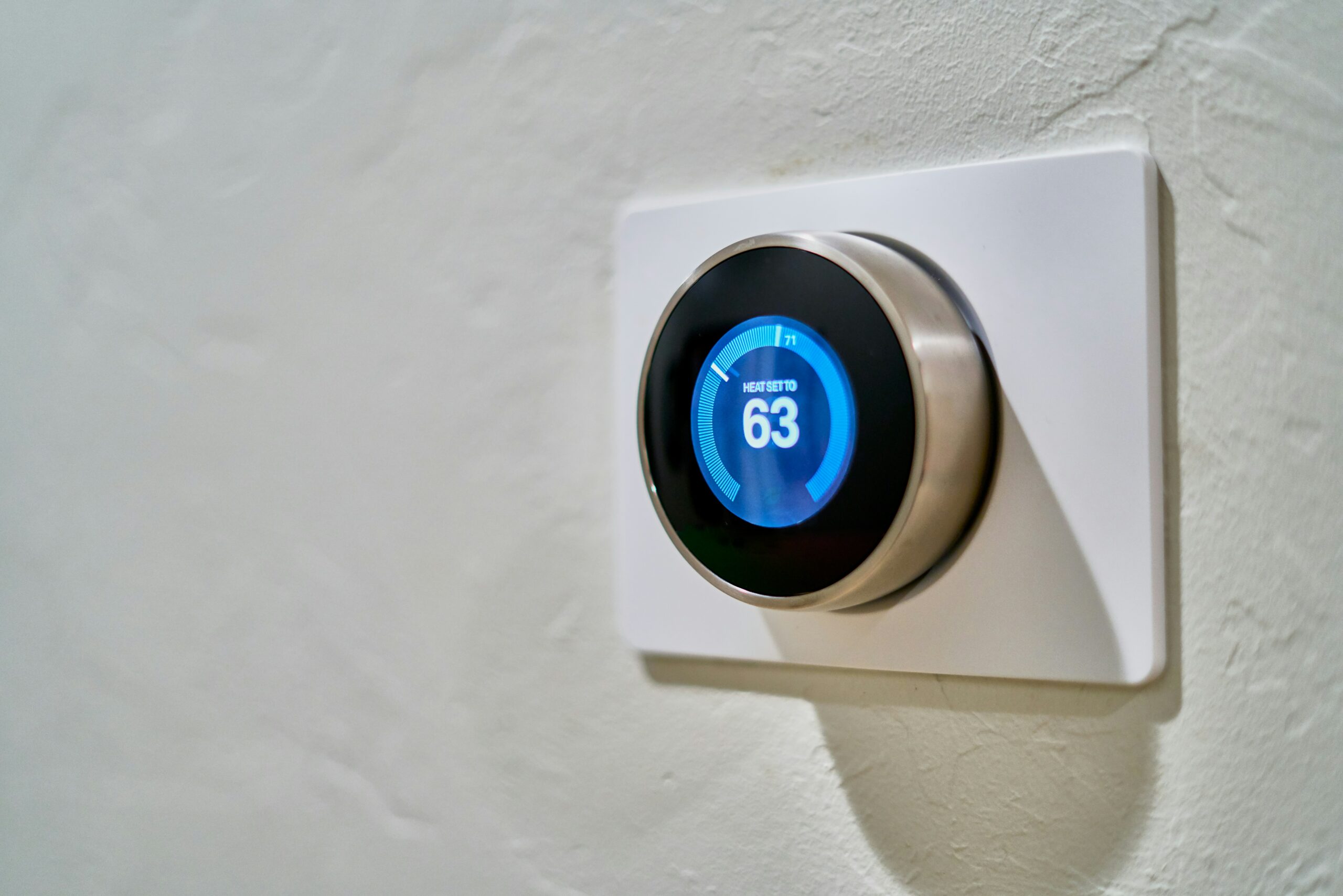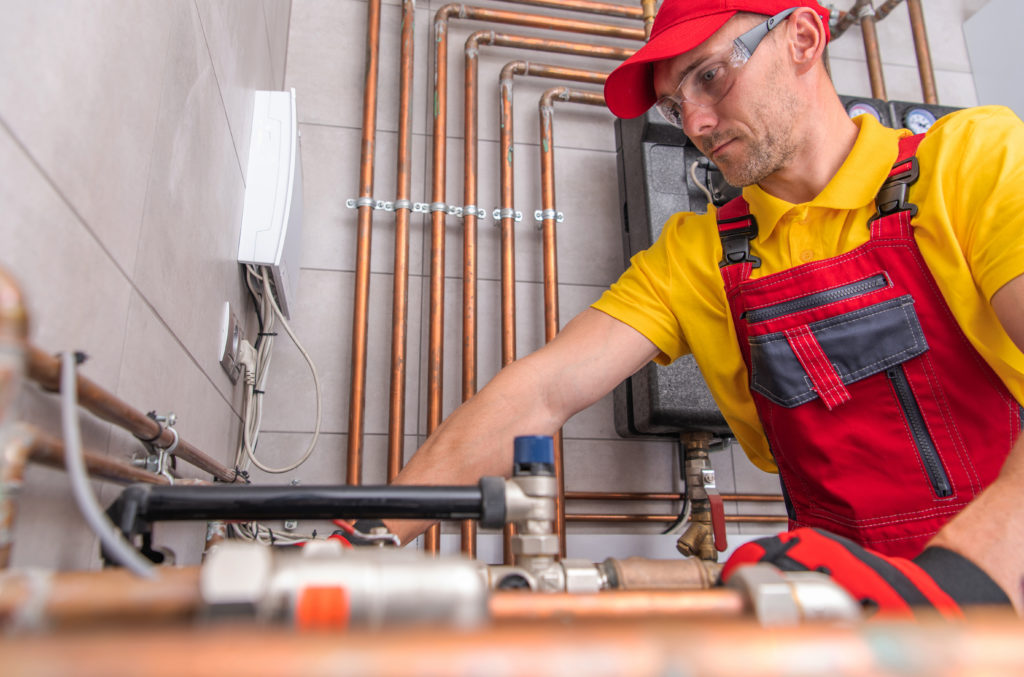In recent years, technological advancements have transformed the way we live, and the realm of heating and air conditioning is no exception. Smart thermostats have emerged as a revolutionary solution, offering homeowners unprecedented control over their indoor climate. In this article, we will delve into the pros and cons of smart thermostats and explore their impact on energy costs.
Pros of Smart Thermostats:
1. Energy Savings:
Smart thermostats are designed to optimize energy consumption by learning user preferences and adjusting settings accordingly. Through sensors and algorithms, these devices can detect when a home is occupied or empty, allowing them to set heating and cooling temperatures at energy-efficient levels. Over time, this intelligent, adaptive technology can result in significant energy savings.
2. Remote Accessibility:
One of the standout features of smart thermostats is their ability to be controlled remotely. Whether you’re at work, on vacation, or simply lounging on the couch, you can adjust your home’s temperature settings using a smartphone app. This not only enhances convenience but also enables users to make real-time adjustments, preventing unnecessary energy consumption.
3. Learning Capabilities:
Smart thermostats employ artificial intelligence to learn from user behaviors and preferences. Over time, they create personalized heating and cooling schedules that align with the household’s routine. This learning capability ensures optimal comfort while minimizing energy usage, creating a win-win situation for homeowners.
4. Integration with Smart Home Systems:
Many smart thermostats seamlessly integrate with other smart home systems, such as virtual assistants (e.g., Amazon Alexa, Google Assistant) and home automation platforms. This integration allows for voice-controlled temperature adjustments and coordination with other smart devices, fostering a cohesive and interconnected home environment.
5. Energy Usage Reports:
Smart thermostats provide detailed reports on energy usage patterns, helping homeowners track their consumption and identify areas for improvement. This transparency empowers users to make informed decisions about energy conservation and further optimize their heating and cooling systems.
Cons of Smart Thermostats:
1. Initial Cost:
While smart thermostats offer long-term savings, their initial cost can be a deterrent for some homeowners. However, it’s essential to consider the return on investment through reduced energy bills over time.
2. Compatibility Issues:
Older heating and cooling systems may not be compatible with smart thermostats, requiring additional upgrades. Homeowners should check the compatibility of their existing systems before investing in these devices – they may need to install a new hvac system.
3. Learning Curve:
Some users may find the initial setup and customization of smart thermostats to be a bit challenging. However, once the learning curve is overcome, the benefits of these devices become more apparent.
4. Reliance on Wi-Fi:
Smart thermostats depend on a stable internet connection to function optimally. If there are connectivity issues or frequent power outages, users may temporarily lose remote access and control.
Impact on Energy Costs:
The integration of smart thermostats into homes can have a profound impact on energy costs. By optimizing temperature settings, reducing unnecessary heating or cooling during vacant periods, and providing insights into energy consumption, these devices contribute to a more energy-efficient and cost-effective household.
The ability to monitor and control the heating and cooling system remotely allows homeowners to respond to changing weather conditions promptly. For example, if unexpected weather patterns arise, users can adjust their thermostat settings remotely, preventing unnecessary energy consumption.
Conclusion:
Smart thermostats have redefined the way we approach home comfort and energy efficiency. While there are initial costs and a learning curve associated with these devices, the long-term benefits in terms of energy savings and convenience outweigh the drawbacks for many homeowners.
By embracing smart thermostat technology, homeowners can enjoy personalized comfort, reduced energy bills, and a more sustainable living environment. As we continue to advance in the era of smart homes, smart thermostats working in tandem with efficient HVAC units stand out as a key component in creating a connected and energy-efficient dwelling.









